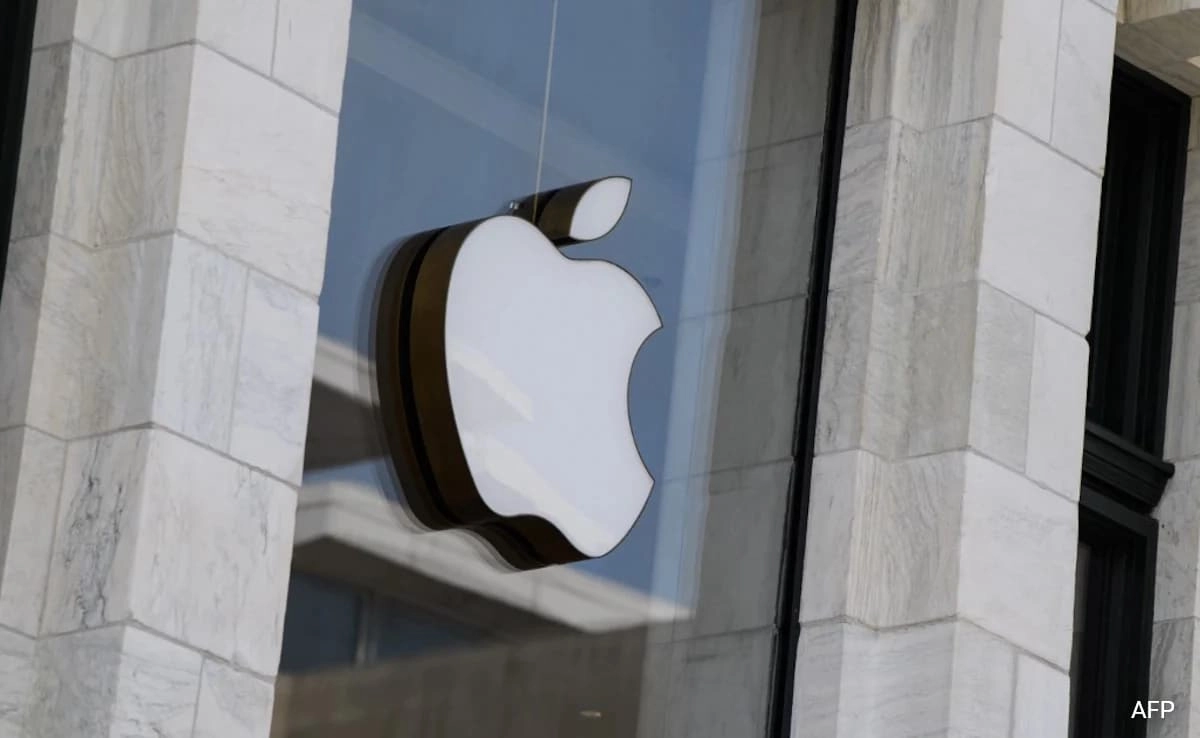Apple is bracing for a significant financial impact as it shifts a portion of its iPhone production from the United States to India. The tech giant is projecting a tariff hit of approximately $900 million as it navigates this transition. This strategic move is part of Apple’s broader effort to diversify its supply chain and reduce its reliance on China, which has been a dominant player in the manufacturing landscape for electronics. By relocating some of its production to India, Apple aims to tap into the country’s burgeoning manufacturing sector while also mitigating risks associated with geopolitical tensions and trade disputes.
The decision to shift production to India comes at a time when global supply chains are undergoing considerable strain, exacerbated by the COVID-19 pandemic and ongoing trade tensions between major economies. By establishing a more diversified supply chain, Apple not only aims to enhance its operational resilience but also seeks to leverage India’s skilled workforce and favorable government initiatives aimed at boosting local manufacturing. This transition could also provide Apple with a competitive edge in the growing Indian smartphone market, where demand for iPhones has been steadily rising.
However, the anticipated tariff hit underscores the financial complexities involved in such a significant operational shift. Apple will have to navigate a landscape of import duties and tariffs that could affect its pricing strategy and profit margins. This move may also reflect a broader trend within the tech industry, as companies seek to adapt to changing economic conditions and consumer demands. While the short-term financial implications might be daunting, Apple’s long-term vision of creating a more robust and geographically diverse supply chain could ultimately benefit the company in the face of future uncertainties.
In conclusion, the $900 million tariff hit is a notable aspect of Apple’s transition to Indian manufacturing, highlighting the challenges and opportunities associated with global supply chain management. As the company continues to adapt to the rapidly changing technological landscape, its ability to navigate these complexities will be crucial for maintaining its market position and meeting consumer expectations. The move to India could signify a pivotal moment in Apple’s manufacturing strategy, one that may reshape its operations for years to come.




